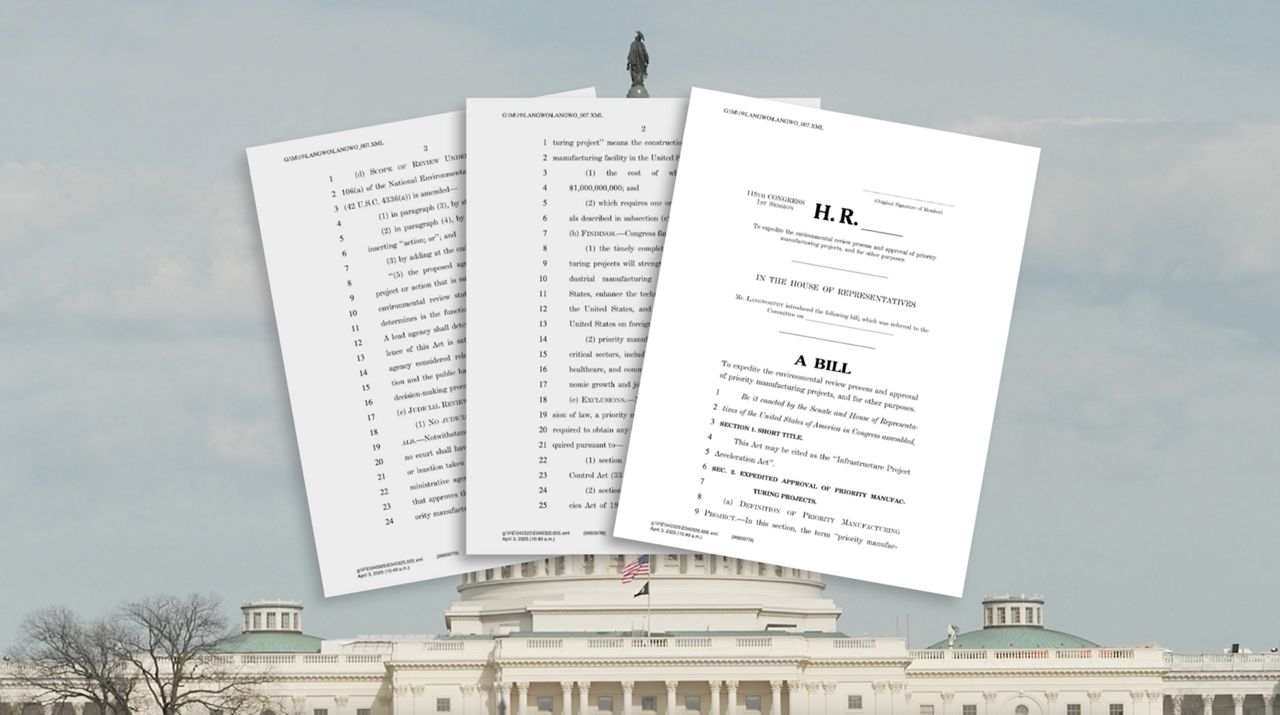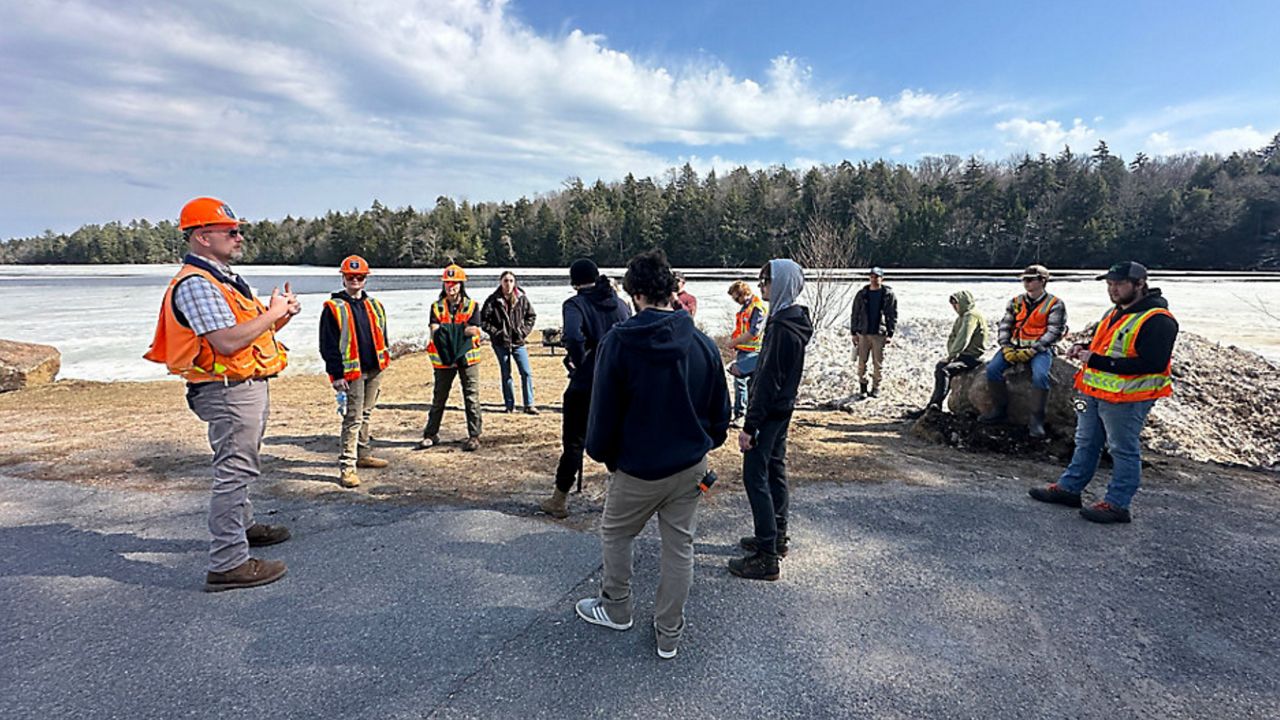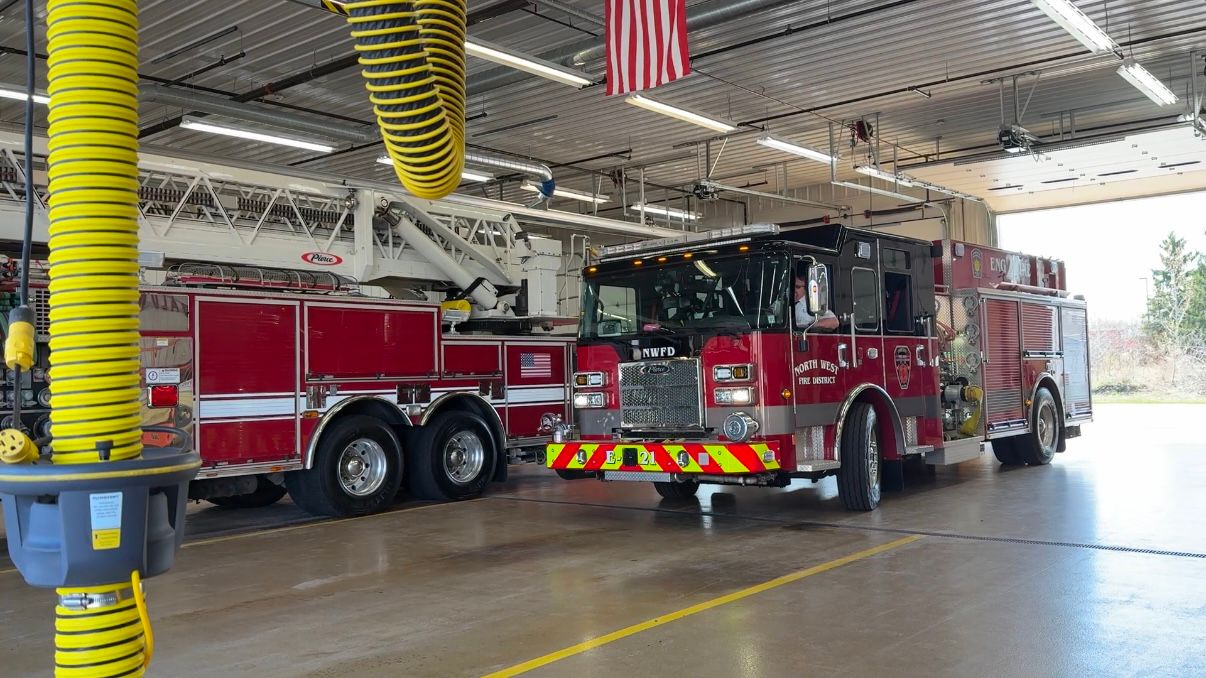It’s the last week of Women’s History Month, and we’re focusing on people from the past who made a big impact. One of those impactful people comes from a small town in the finger lakes region.
Emily Howland is from Sherwood in Cayuga County. She fought for the abolition of slavery, the right for women to vote and access to education. While her name might not be well-known, her influence stretches from New York to Virginia, and you can learn about her at the Howland Stone Store Museum in her hometown.
“She really always wanted to help others and that's what she did,” said Marilyn Post, a member of the board of trustees of the Howland Stone Store Museum.
Howland was born in 1827, and dedicated her life to causes like the abolition of slavery, suffrage and education.
“She could help people plant their rows of seeds, so they would be self-sustaining. And she was very much about empowering people … She didn't just want to be a do-gooder. She wanted to empower other people and she saw education as a way to do that,” said Post.
She spent time in Virginia, helping to create schools and starting a community for freed people. It’s estimated she founded or supported 50 schools for freed African Americans. A photo album owned by Howland and restored by the Library of Congress contains many photos, including one of Harriet Tubman. Emily is also credited with convincing Ezra Cornell to admit women.
“She told him he should have women in his school. And he said if they were prepared, he would be willing to do that. And her niece Isabel graduated from Cornell in 1881,” said Post.
Both Howland and her niece Isabel were active in the suffrage movement.
“You know, very often, history gets kind of squished down to a couple of people like the Susan B. Anthonys and Elizabeth Cady Stantons,” said Post. “One of the things that always strikes me is that people who don't have names that everybody recognizes can do a lot of good work.”
The museum says Howland was the first woman to receive an honorary doctorate from the State University of New York in 1926. After all the work done by herself and her niece through their lifetimes, Emily was finally able to cast her first vote before she passed. It’s also believed that Emily Howland was one of the first female bank directors in the country.










